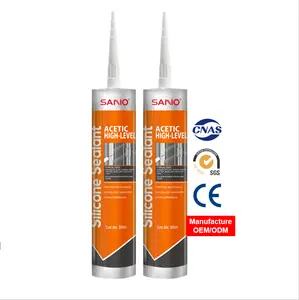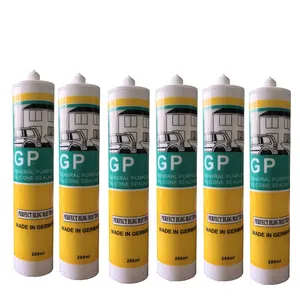Introduction to Silicon Glue
Silicon glue, a versatile adhesive, serves as a cornerstone in various industries due to its strong bonding properties and durability. This category encompasses a range of products designed for specific applications, each formulated to offer reliable adhesion and resilience.
Types and Applications
The diversity of silicone adhesive glue includes options like clear silicone sealant and black silicone sealant, catering to different aesthetic and functional requirements. These adhesives are integral in sectors such as construction, manufacturing, and automotive, where they are used for tasks ranging from sealing joints to insulating electrical components.
Features and Materials
Silicon glue is composed of materials such as polysiloxane and various fillers, which contribute to its features like water resistance and temperature tolerance. The high temp silicone sealant variant is specifically designed to withstand extreme temperatures, making it suitable for environments exposed to high heat.
Advantages of Silicon Glue
The advantages of using silicon glue include its waterproof qualities and resistance to weathering. Products like silicone sealant waterproof and high temperature silicone sealant are engineered to maintain their integrity in challenging conditions, ensuring long-lasting bonds. Additionally, the ease of removing silicone sealant allows for maintenance and repairs without significant inconvenience.
Specialized Uses
Specialized silicon glues, such as rtv silicone sealant and bathroom silicone sealant, are tailored for specific environments. For instance, bathtub silicone sealant is formulated to resist mold and mildew in damp areas. Similarly, silicone glue for glass provides a clear bond, ideal for glass applications where aesthetics are crucial.
Choosing the Right Silicon Glue
Selecting the appropriate silicon glue requires understanding the specific needs of a project. Whether it's for industrial use or a home DIY project, factors such as material compatibility, environmental resistance, and bond strength should guide the selection process. With a range of products available, finding the right fit for your requirements is streamlined.










































 浙公网安备 33010002000092号
浙公网安备 33010002000092号 浙B2-20120091-4
浙B2-20120091-4